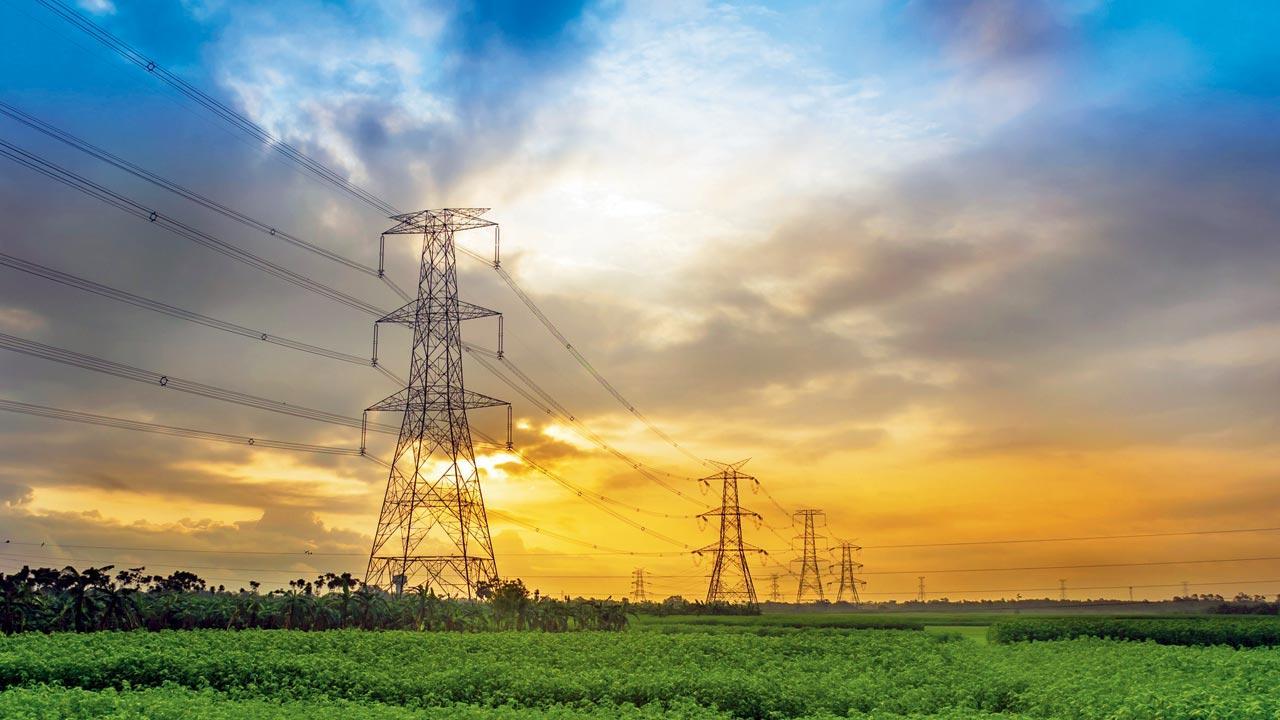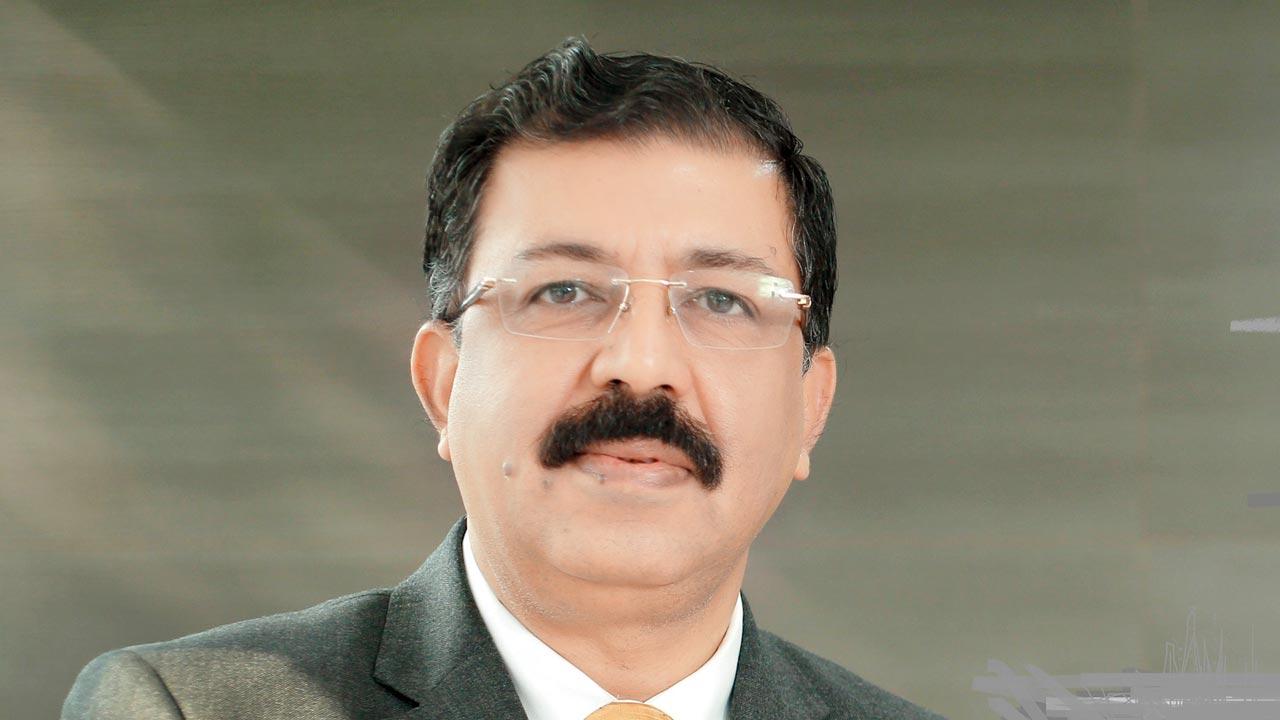Management of the increasing quantum of renewable energy will be one of the biggest challenges in view of transmission and storage capacity needs

Tata is among the very few companies that are in the business of power distribution. Representation pic
Ensuring the financial viability of the state-run electricity distribution companies (discoms) and management of the increasing quantum of renewable electricity will be the biggest challenges before the country, said Sanjay Banga, chairman of Tata Power’s distribution and transmission utility. He insisted that involvement of the private sector in the discom business is the best way to help sustain the utilities that are expected to provide cheaper and reliable power.
Banga said on Monday, at the company’s Trombay facility, that the state-run discoms have not been able to pay the generation companies (due to many reasons including billing issues and government subsidy dues). This has been happening in a country which is (power) generation surplus. Generation companies (gencos) face acute problems when they are not paid for the electricity they sell to the discoms, he added.
 Sanjay Banga, chairman (distribution and transmission), Tata Power
Sanjay Banga, chairman (distribution and transmission), Tata Power
Tata is among the very few companies that are in the business of power distribution. Other than cities such as Mumbai (100 per cent ownership), Ajmer and Delhi (private-public model), Tata serves the entire state of Odisha. “In three years the company has been able to provide reliable and affordable power to consumers in Odisha, most of who are low-end users,” Banga said, adding that the franchises (of state discoms) too, are doing financially well and serving consumers much better than before. In Odisha, the state government (49 per cent) and Tata (51 per cent) share ownership, wherein Tata is responsible for management and operations. The same model works in Delhi.
Further, Banga stated that a reduction in aggregate technical and commercial (AT&C) losses had played an important role in reducing the tariff. “In Mumbai, the losses are at the national low (2 per cent) whereas the national average is 16-17 per cent. Consumers benefit hugely if these losses are halved,” he said, asserting that private discoms would not need government grants that are made available to state-run utilities to be commercially viable.
Management of renewable energy
Monday being ‘World Environment Day’, Banga said management of the increasing quantum of renewable energy will be another big challenge for the country in view of the transmission and storage capacity needed for the ambitious target to have 500GW of installed renewable energy by 2030. The installation includes 289GW of solar power and 140MW of wind power.
“We have to begin the work in this direction now because, in the next seven years, we will be adding the same amount of renewable capacity that was created in the past 70 years. We will need a supporting transmission network and storage,” he said.
Pinning hopes on Aptel order
Tata Power’s distribution arm has moved the Appellate Tribunal of Electricity (Aptel) against the latest tariff order for its Mumbai area on the grounds that the state regulator Maharashtra Electricity Regulatory Commission (MERC) had made calculation errors and adopted the wrong methodology to determine the tariff which is higher than its competition (Adani Electricity) in 19 out of the total 22 consumer categories.
Distribution chief Nilesh Kane said that a few hundred consumers had applied for migrating to Adani because of the higher tariffs but assured Tata that they would stay back if MERC rectified its order.
In a bid to hold on to high-end consumers, the company has given them open access to less expensive power from other sources. This way the consumers will pay less and yet remain connected to the Tata network.
Banga said the MERC had corrected orders in the past, but the latest order was surprising in many ways. “Our tariff is higher even when our power purchase cost is low. That’s the main area of argument,” he said, expecting relief from the tribunal.
 Subscribe today by clicking the link and stay updated with the latest news!" Click here!
Subscribe today by clicking the link and stay updated with the latest news!" Click here!










